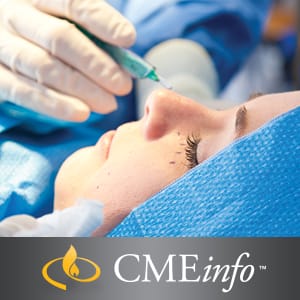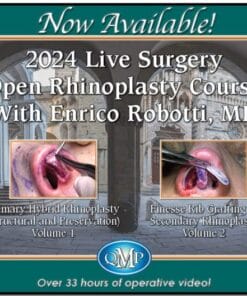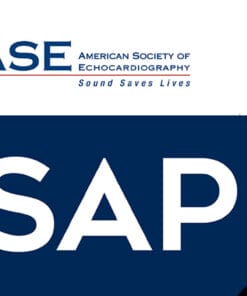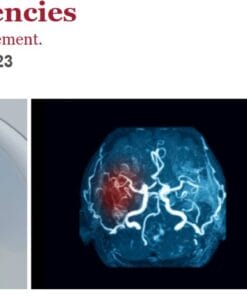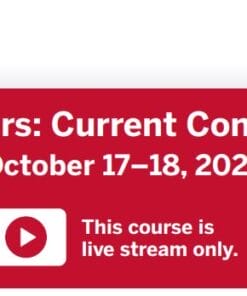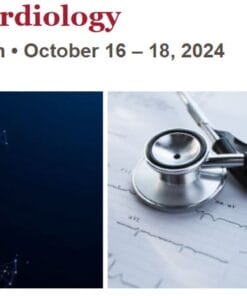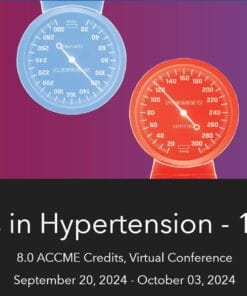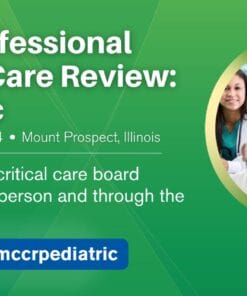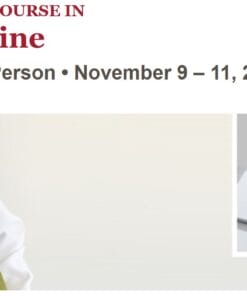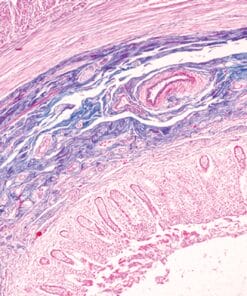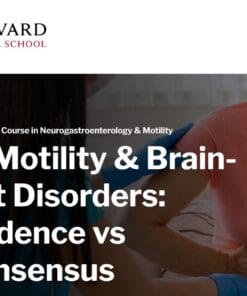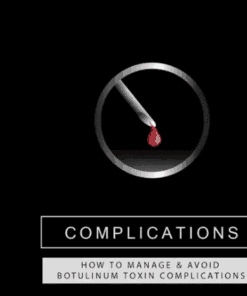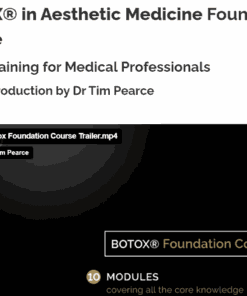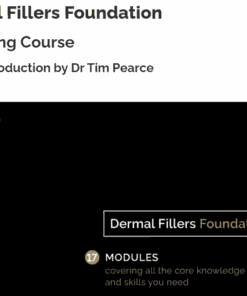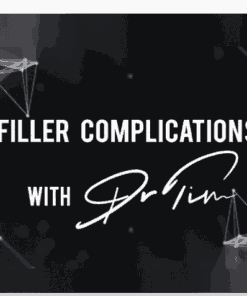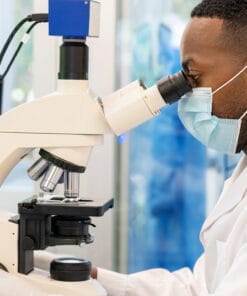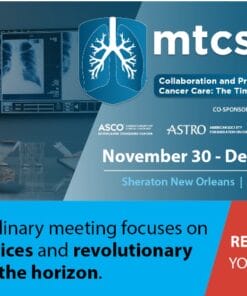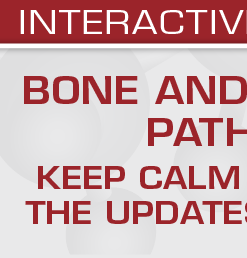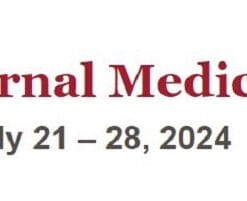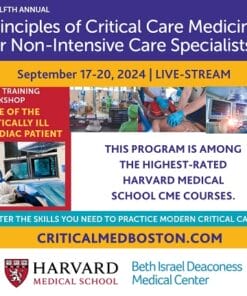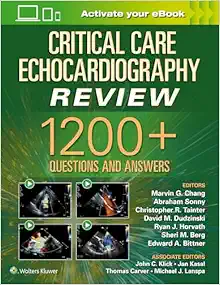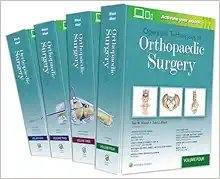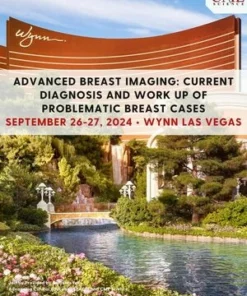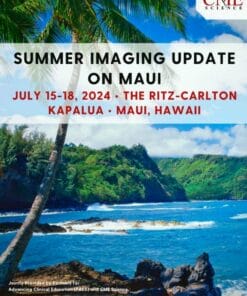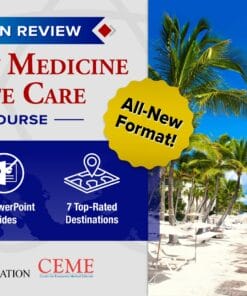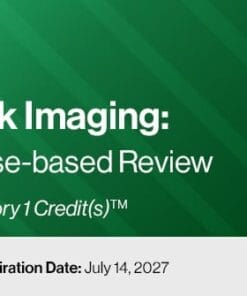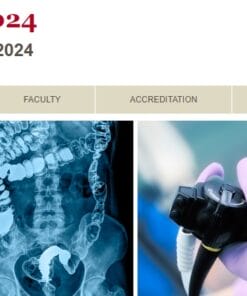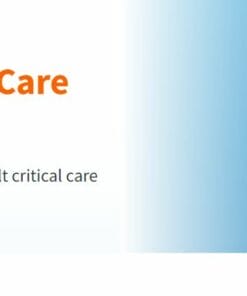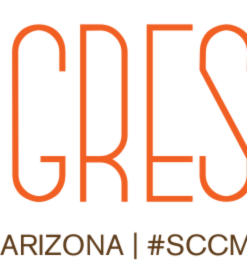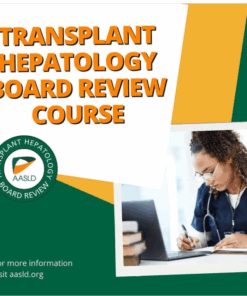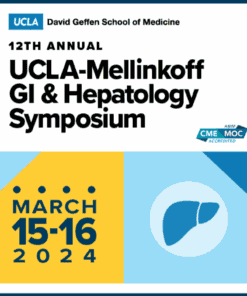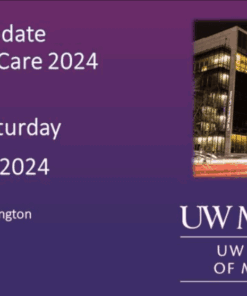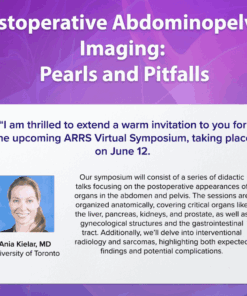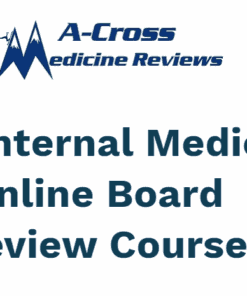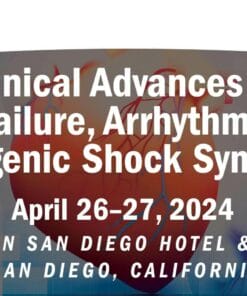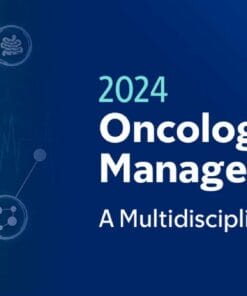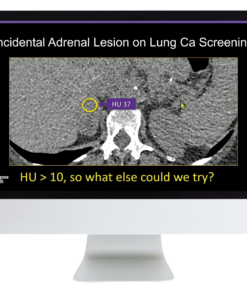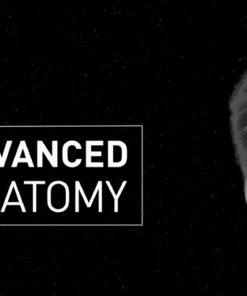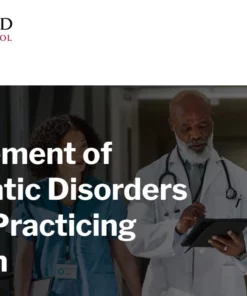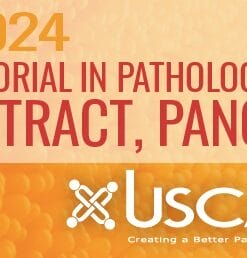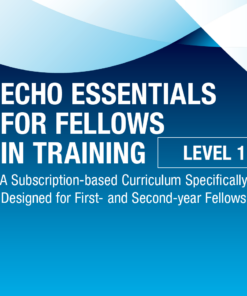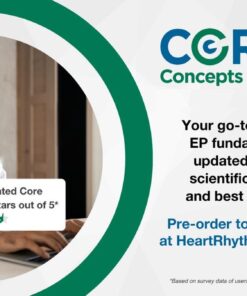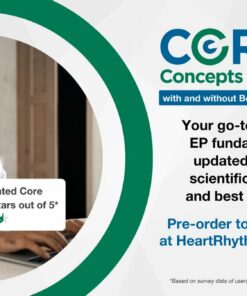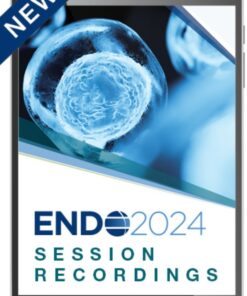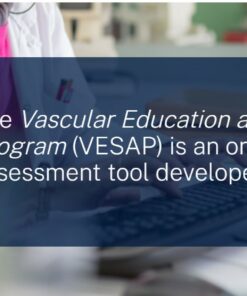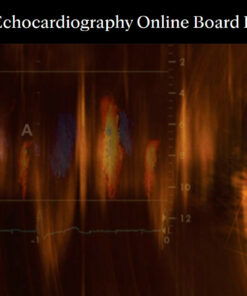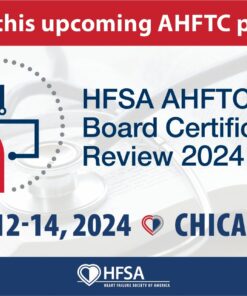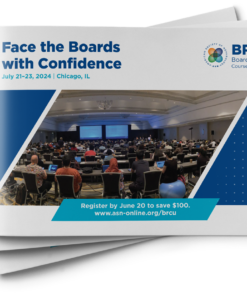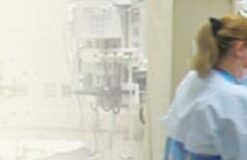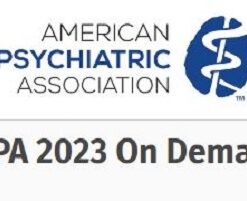Plastic and Reconstructive Surgery-A Comprehensive Review
Oakstone Clinical Update
This comprehensive CME program covers key topics and the latest updates in plastic and reconstructive surgery.
Stay Current in a Rapidly Changing Specialty
This CME course focuses on the essentials of plastic and reconstructive surgery. Lectures explore topics like rhinoplasty, blepharoplasty, principles of flaps and skin grafts, nerve injuries, facial trauma, craniofacial syndromes, the latest therapies, surgical skills and more. The program also includes the bonus lecture “Laser Resurfacing and Liposuction.” Plastic and Reconstructive Surgery – A Comprehensive Review will help you to:
- Compare surgical and non-surgical methods for various cosmetic procedures
- Illustrate effective surgical procedures for pressure sores and diabetic foot
- Identify plastic and reconstructive procedures for pediatric patients
- Attain the latest knowledge on optimal patient care during plastic surgery practice, including flaps, grafts and wound healing
Topics/Speakers
General Principles of Plastic and Reconstructive Surgery
- Principles of Flaps – Lifei Guo, MD, PhD, FACS
- Principles of Skin Grafts – Indranil Sinha, MD
- Wound Healing – Robert D. Galiano, MD
- Transplantation – David Mathes, MD, FACS
Cosmetic/Aesthetic Surgery
- Blepharoplasty – Brooke R. Seckel, MD, FACS
- Rhinoplasty – Samuel J. Lin, MD, FACS
- Rhytidectomy – Samuel J. Lin, MD, FACS
- Cosmetic Vaginal Surgery – Christine Hamori, MD
- Laser Resurfacing and Liposuction – Jason N. Pozner, MD
- Brow Lift – Jeffrey H. Spiegel, MD, FACS
- Hair Transplantation – Richard J. Ehrlichman, MD, FACSMD, FACS
Non-Surgical Cosmetic Procedures
- Botulinum Toxin – Shaun C. Desai, MD
Breast
- Breast Augmentation – Brooke R. Seckel, MD, FACS
- Implant-Based Breast Reconstruction – Amy S. Colwell, MD, FACS
- Autologous Breast Reconstruction – Samuel J. Lin, MD, FACS
- Gynecomastia – Robert Caridi, MD
- Reduction Mammoplasty – Daniel S. Roh, MD, PhD and Yoon S. Chun, MD
- Breast Surgery After Weight Loss – Nolan S. Karp, MD
Hand and Upper Extremities
- Nerve Injuries, Nerve Entrapment, and Compression Syndromes – Giorgio Pietramaggiori, MD, PhD
- Brachial Plexus Surgery – Jonathan M. Winograd, MD
- Fractures of the Hand and Wrist –Loree K. Kalliainen, MD, MA, FACS
- Tendon Surgery – Amir H. Taghinia, MD
- Replantation of the Hand and Upper Extremity – Simon G. Talbot, MD
Trunk and Lower Extremities
- Reconstruction of the Trunk – Samuel J. Lin, MD, FACS
- Lower Extremity Trauma (incl. Foot and Ankle) – Brian M. Parrett, MD
- Diabetic Foot Ulcers – Karen F. Kim Evans, MD
- Pressure Sores – Ernest S. Chiu, MD, FACS
- Reconstruction of the Perineum – Simon G. Talbot, MD
Head and Neck
- Facial Trauma – Raj M. Vyas, MD
- Head and Neck Cancer Reconstruction – Evan S. Garfein, MD, FACS
- Ear Reconstruction and Otoplasty – Arin Greene, MD, MMSc
- Oral Reconstruction: Lip, Tongue, Mandible – Peter C. Neligan, MB, FRCS(I), FRCSC, FACS
Skin and Soft Tissue
- Melanoma and Other Malignant Skin Lesions – Charles H. Yoon, PhD, MD, FACS
- Burn Reconstruction – Jeremy Goverman, MD
- Repair of “Environmental” Injuries: Radiation, Thermal, Electrical, Chemical, Cold – Jonathan Friedstat, MD
Pediatric Surgery
- Craniofacial Syndromes – James P. Bradley, MD
- Cleft Lip and Palate – Carolyn R. Rogers-Vizena, MD
- Congenital Hand – Amir H. Taghinia, MD
- Vascular Anomalies – Arin Greene, MD, MMSc
BONUS LECTURE (non-credit)
- Laser Resurfacing and Liposuction – Jason N. Pozner, MD
Learning Objectives
Upon completion of this activity, the participant will be able to:
- Identify and discuss the evidence-based data from clinical trials, best practices, registry data, guidelines, and potential treatment alternatives that may have an effect the treatment parameters for individual patients
- Evaluate critically the medical profile and history of each patient as they apply to the proposed treatment plan being considered
- Determine barriers to effective and efficient patient care, safety, and outcomes
- Design appropriate and effective surgical plans for each patient
- Assess the principles of optimal care during plastic surgery practice, including flaps, grafts, wound healing, and materials
- Compare the technical methods used for various cosmetic procedures including non-surgical procedures
- Assess the most appropriate management techniques of breast reconstruction following cancer
- Differentiate among the treatment plans for the surgical management of nerve injuries
- Outline effective surgical procedures for pressure sores and the diabetic foot
- Describe best practices in the surgical reconstruction of the head and neck
- Analyze surgical care for skin and soft tissue lesions
- Identify plastic and reconstructive procedures for pediatric patients
Intended Audience
The activity was planned for plastic and reconstructive surgeons in practice, plastic surgery residents and fellows, dermatologists, otolaryngologists, and ophthalmologists interested in cosmetic surgery, nurses and physician assistants working in plastic surgery.
Date Credits Expire: December 31, 2019
Estimated Time to Complete: 31.5 hours
Contact Hours: 31.5




